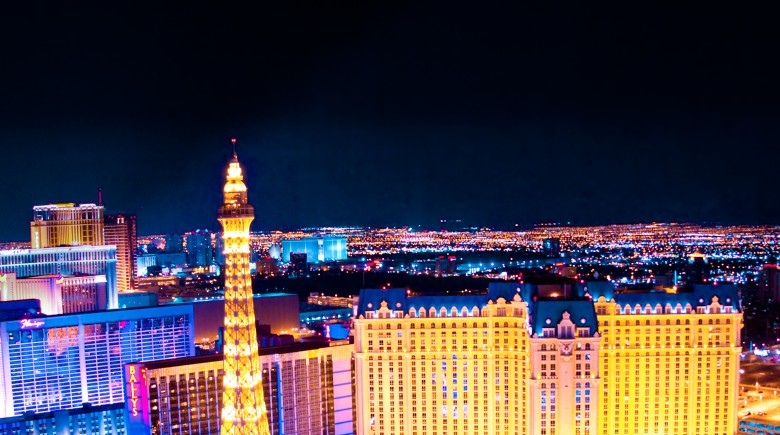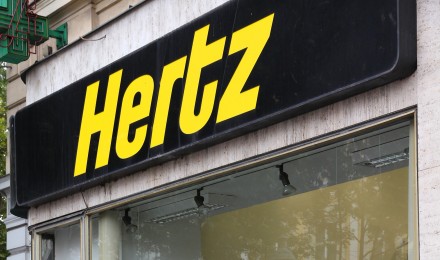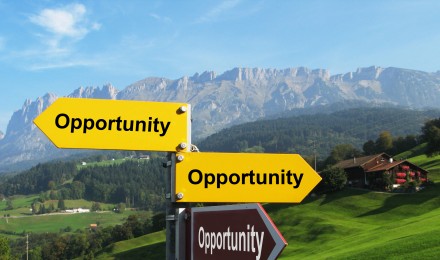A lot of investors are gambling on Las Vegas. And I don’t mean at the crap tables.
Here’s why they may be wrong and why cities that are viewed as “hot” for real estate may turn out to be cooler than often thought.
Statistics show that home prices in Vegas have climbed, depending on what numbers you are comfortable with (some say 22% in one year, but figures lie, as we all know).
The unemployment rate there also appears to be dropping (but that’s also the case in many other areas of the US). Mortgage rates are also low.
“Buying a home here is now a safer bet than a spin at the roulette wheel,” says one observer,
That may be true but areas like Vegas that grow into darlings sometimes end up as dust, much as the get-rich schemes of, yes, gamblers at the roulette wheel.
Numbers do show that some of the fastest appreciation of any real estate market is found here.
Some data show home values up one third over just the last year.
But this is misleading in the sense that it is owner-occupied homes.
Observers of the market here point out that rental prices have stayed stable in the past few years. Meaning: investors beware.
At the same time, investor money has flowed typhoon-like into the city. It does not seem unusual for investors to pay 50% more for property in just one year.
In the past few years, investors in Vegas have averaged around 50% of the entire market, an unusually high figure for other non-gambling areas. And a distant warning sign in itself.
House flipping has also been very popular.
But investor buying of homes and commercial properties is not always a great sign. It drives up prices to irrational levels.
Demand creates ever higher prices. This is always true when there’s an incredible number of investors buying and buying more property. Then, there’s the hype or publicity about Vegas by financial writers touting it as a good investment.
What it is really is, is the chance to write a good headline or play with the word “gamble.”
What is making the market look good is irrational buying. Buyers continue to jack up prices as they frantically bid on properties.
Already, local newspaper articles are turning the other cheek and raising questions of why in the world housing prices have suddenly become so attractive. The answer is simply demand.
With that going on in Vegas, and some other cities like it such as Miami (“A Seller’s Paradise,” one writer said) and Houston (“Record Growth”), a critical question comes up: how much longer does the upward trend continue?
Some more thoughtful observers looking at Vegas and other hot areas recall the California boom when individuals began to buy second homes as investments (read: renters). That fizzled, driven to too-high heights by thousands of often small investors.
It’s easy to forget and it’s a cliché, but what goes up must come down. ###
A lot of investors are gambling on Las Vegas. And I don’t mean at the crap tables.
Here’s why they may be wrong and why cities that are viewed as “hot” for real estate may turn out to be cooler than often thought.
Statistics show that home prices in Vegas have climbed, depending on what numbers you are comfortable with (some say 22% in one year, but figures lie, as we all know).
The unemployment rate there also appears to be dropping (but that’s also the case in many other areas of the US). Mortgage rates are also low.
“Buying a home here is now a safer bet than a spin at the roulette wheel,” says one observer,
That may be true but areas like Vegas that grow into darlings sometimes end up as dust, much as the get-rich schemes of, yes, gamblers at the roulette wheel.
Numbers do show that some of the fastest appreciation of any real estate market is found here.
Some data show home values up one third over just the last year.
But this is misleading in the sense that it is owner-occupied homes.
Observers of the market here point out that rental prices have stayed stable in the past few years. Meaning: investors beware.
At the same time, investor money has flowed typhoon-like into the city. It does not seem unusual for investors to pay 50% more for property in just one year.
In the past few years, investors in Vegas have averaged around 50% of the entire market, an unusually high figure for other non-gambling areas. And a distant warning sign in itself.
House flipping has also been very popular.
But investor buying of homes and commercial properties is not always a great sign. It drives up prices to irrational levels.
Demand creates ever higher prices. This is always true when there’s an incredible number of investors buying and buying more property. Then, there’s the hype or publicity about Vegas by financial writers touting it as a good investment.
What it is really is, is the chance to write a good headline or play with the word “gamble.”
What is making the market look good is irrational buying. Buyers continue to jack up prices as they frantically bid on properties.
Already, local newspaper articles are turning the other cheek and raising questions of why in the world housing prices have suddenly become so attractive. The answer is simply demand.
With that going on in Vegas, and some other cities like it such as Miami (“A Seller’s Paradise,” one writer said) and Houston (“Record Growth”), a critical question comes up: how much longer does the upward trend continue?
Some more thoughtful observers looking at Vegas and other hot areas recall the California boom when individuals began to buy second homes as investments (read: renters). That fizzled, driven to too-high heights by thousands of often small investors.
It’s easy to forget and it’s a cliché, but what goes up must come down. ###






